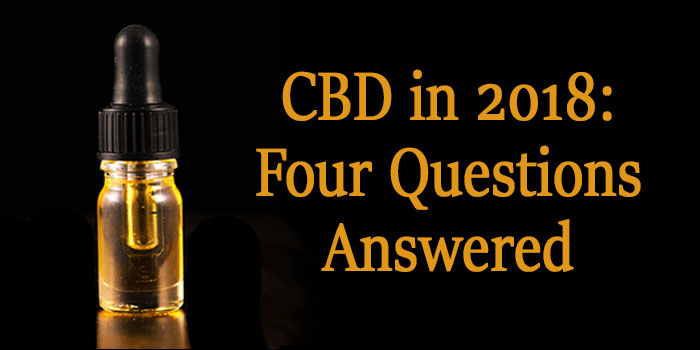
Clean Sport Red Flags #3: Thinking Supplements are as Safe as Medications
It’s important for athletes and their support personnel to understand that supplements and medications are very different in terms of regulation and safety.

Clean Sport Red Flags #2: Medical practitioners who don’t consider anti-doping obligations
Athletes should always tell their treating physician that they are subject to anti-doping rules since compliance is ultimately the athlete’s responsibility. Due to these strict liability principles, athletes risk an anti-doping rule violation and sanction, including a possible period of ineligibility, even if they received poor guidance from their primary care providers.

Clean Sport Red Flag #1: A Win-At-All Costs Attitude
A win-at-all costs attitude can be revealed through various behaviors and by various members of the sports community, from athletes, to coaches, to parents.

Cannabidiol in 2018: Four Questions Answered
DISCLAIMER: This content is NOT being updated and should only be used for historical reference. Elite athletes must be very careful about the substances they

Three Things to Expect From USADA DCOs
DCOs play a critical role in USADA’s effort to preserve the integrity of clean sport, but just as importantly, they help define the athlete experience in regards to anti-doping. As such, USADA DCOs are held to a particularly high standard, meaning athletes can expect the following qualities and behaviors.

Five Anti-Doping Highlights for 2018
The more athletes know, the better they can manage the risk of a positive test. Athletes should take the time to read through this short list highlighting just a few of the top 2018 World Anti-Doping Agency (WADA) Prohibited List changes and prohibited substances that impact athletes.



